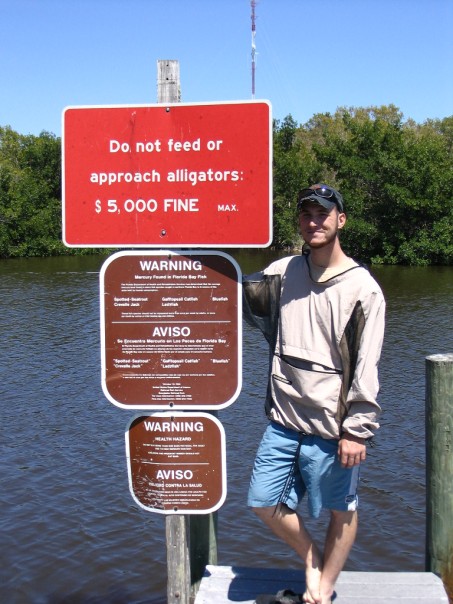Eighteen manatee carcasses have been recovered in the Ten Thousand Islands area of
Most of the dead manatees were recovered around Chevelier and Huston bays, but some were found as far south as Lostman's River.
"That area averages two manatee deaths a year, so 18 is unusual," said Sara McDonald, a marine research associate at the Florida Fish and Wildlife Research Institute.
National Parks Service officials conducted an aerial survey of the Ten Thousand Islands last Thursday to search for more dead manatees. None were found.
Since July, 24 manatees from
Manatee carcasses are often taken to the state's Marine Mammal Pathobiology Laboratory in
But transporting the Ten Thousand Island manatees would have taken eight hours, so researchers performed field necropsies.
Because the manatees were badly decomposed, they didn't show the usual red tide symptoms, which include bloody froth from the nose, swollen and bloody kidneys and wet, bloody lungs.
So scientists used a different technique to test stomach, kidney, liver, feces and lung samples of four manatees.
All samples except lung tissues showed toxin in high levels.
"To me, this indicates that these animals were not exposed by inhaling," McDonald said. "The evidence indicates they were likely exposed while feeding in seagrass beds."
Researchers recently discovered that manatees can die from eating seagrass laced with red tide toxin weeks or months after a red tide bloom. Before that, red tide had been thought to kill manatees only when they inhale the toxin at the water's surface.
"We don't know the lethal dose of red tide for manatees," McDonald said. "There are a lot of unanswered questions. We don't know whether a lethal dose comes from chronic exposure or acute exposure or a range from chronic to acute. It's difficult: We can't do controlled experiments where we give doses of red tide to manatees."




1 comment:
This is the most insame rambling I have ever read. PLEASE seek help, because, baby, you're nuts! (But you are also intelligent, so please don't waste your brain. Even tho you suggested in your poem at the end that you do not have a brain.)
Post a Comment